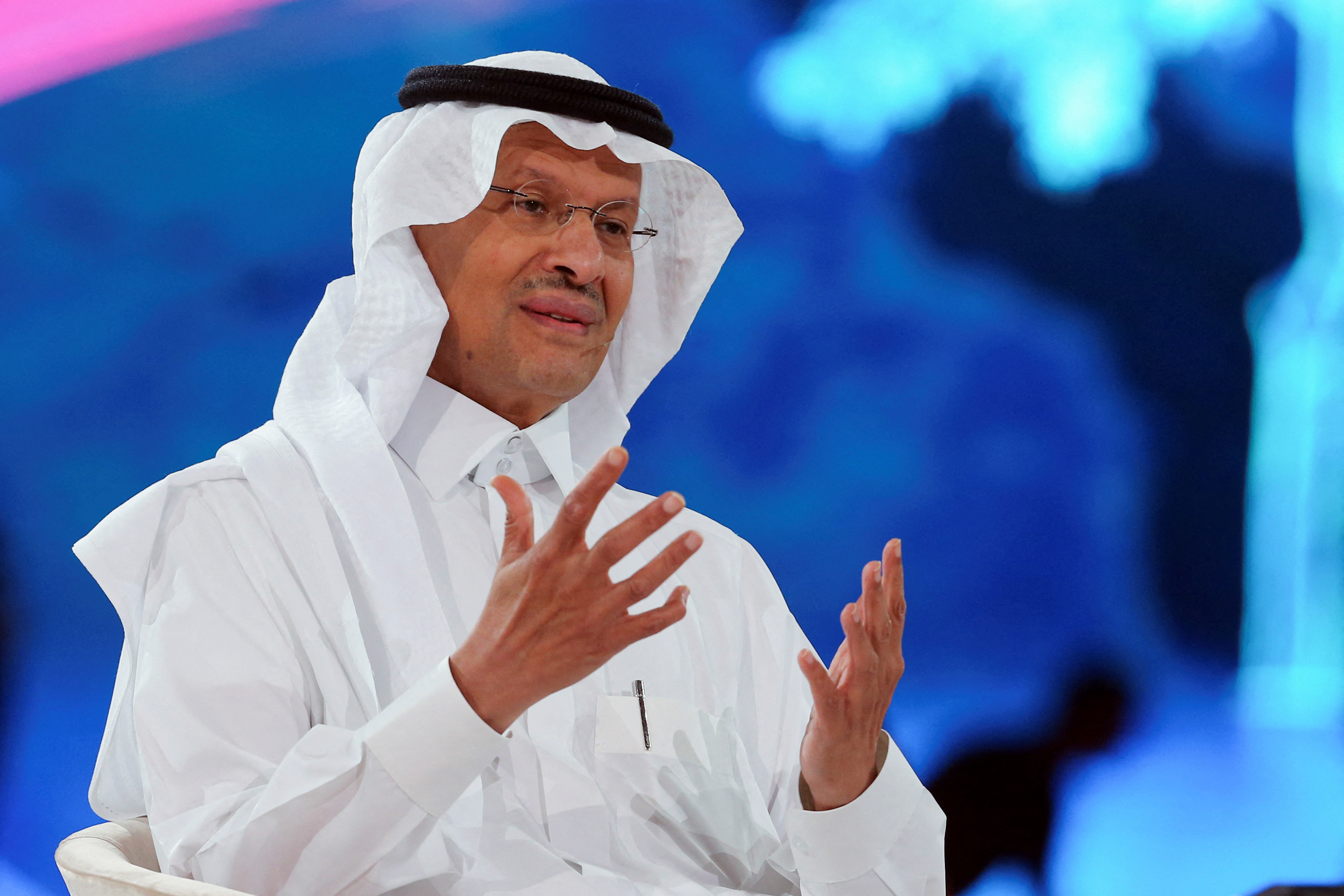
“They can come here, visit us,” Saudi Arabia’s energy minister, Abdulaziz bin Salman, said in an interview at the COP27 climate summit in Sharm el-Sheikh, Egypt. “We are so proud of what we’ve been achieving. We are setting an example for hydrocarbon and energy producers.”
The kingdom has laid out plans to neutralize planet-warming emissions within its borders by 2060. It’s said it will achieve that by planting billions of trees, investing in carbon-capture technology and hydrogen, and boosting its use of solar and wind power.
At the same time, it’s spending billions of dollars to increase its crude-production capacity to 13 million barrels a day from 12 million. It’s also said it will use some sequestered carbon to enhance its extraction from oil fields.
That’s led to criticism from activists including Greta Thunberg, who’s said Saudi Arabia is playing down the need to move away from fossil fuels.
The Saudi government regularly says companies and investors in the West are trying to transition too quickly. It’s pointed to this year’s surge in prices as evidence there’s been too little investment in oil and natural gas exploration in recent years.
“I believe Saudi Arabia will be a producer of hydrocarbons even by the end of the 21st century,” Prince Abdulaziz said. “The world needs all sorts of energy.”
The Paris Climate Accords from 2015 were not about “getting rid of sources of energy, but about mitigating emissions,” he said.
The kingdom has started to build a carbon-capture plant in the eastern port city of Jubail. Once finished in 2027, it should be able to trap 9 million tons of carbon dioxide a year, equivalent to the emissions from about 2 million gasoline-powered passenger vehicles over the same period.
Share This:




 CDN NEWS |
CDN NEWS |  US NEWS
US NEWS 
























